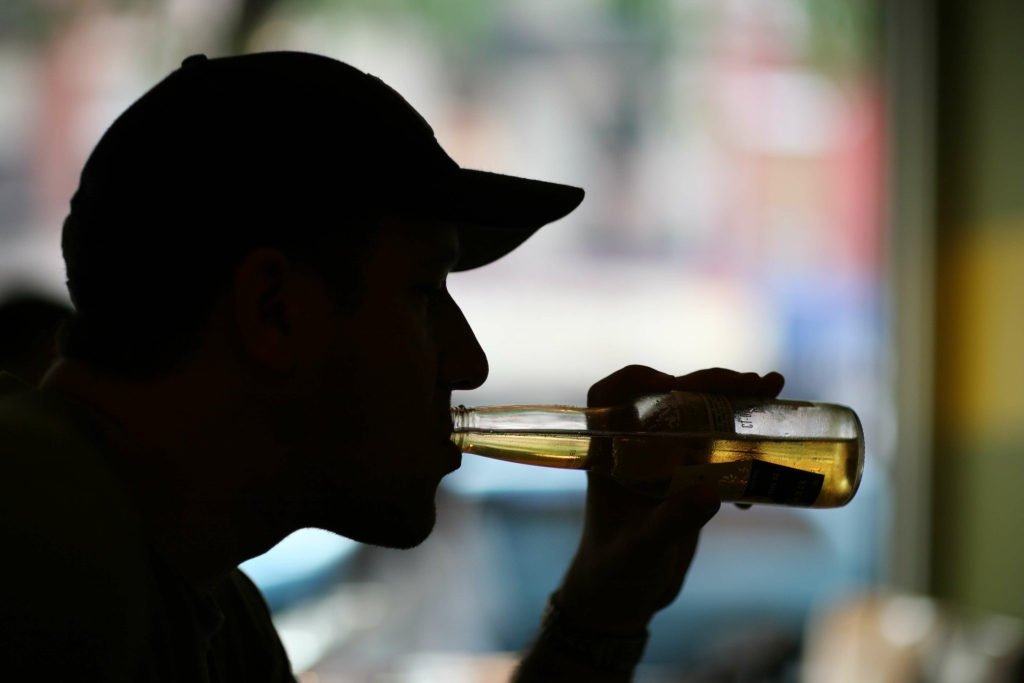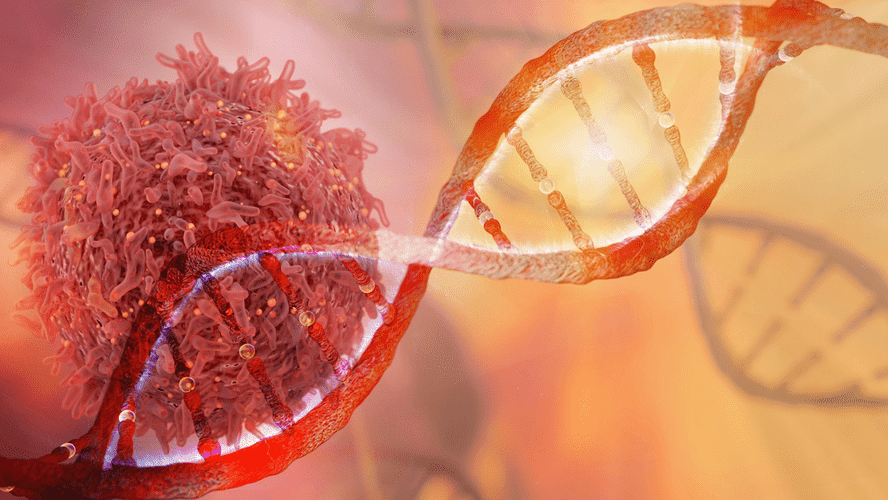Alcohol Withdrawal Seizures Can Alcohol Cause Seizures?
Individuals experiencing mild symptoms could receive home treatment with the help of close friends and family members. However, if symptoms worsen, it is advisable to seek immediate medical attention so that individuals receive appropriate treatment. Repeated episodes of withdrawal and neuroexcitation results in a lowered seizure threshold as a result of kindling[2] predisposing to withdrawal seizures. Alcohol is a central nervous system (CNS) depressant, influencing the inhibitory neurotransmitter gamma-aminobutyric acid (GABA). Ordinarily, the excitatory (glutamate) and inhibitory (GABA) neurotransmitters are in a state of homeostasis [Figure 1a]. Alcohol facilitates GABA action, causing decreased CNS excitability [Figure 1b].
The results from the Minozzi et al. [19] review underscore the difficulty in developing and conducting well-designed studies to examine AWS. Symptom-triggered dosing refers to the treatment of AWS by monitoring for withdrawal symptoms at specific time intervals and providing intermittent doses of a benzodiazepine to treat those remaining symptoms after their intensity is determined. Patients with alcohol withdrawal seizures raise a number of management issues. It is important to recognize that not all seizures in alcohol-dependent patients are the result of withdrawal. In epidemiologic studies, the rate of epilepsy and seizures rises in parallel with the amount of an individual’s alcohol intake. Alcohol-dependent patients are at higher risk for seizures unrelated to withdrawal.
Assessing Severity
Medical history and laboratory biomarkers are the two most important methods for the identification of patients at high risk. The Centers for Disease Control and Prevention (CDC) outlines epilepsy as a neurological disorder in which recurring seizures occur. Seizures due to alcohol consumption are actually caused by alcohol withdrawal, not the alcohol itself. The kinds of withdrawal symptoms you experience will depend on the substance you were dependent on.
While in withdrawal, if a person experiences multiple seizures, status epilepticus may occur. Seizures during status epilepticus will last more than five minutes, or be so close together that there is no recovery period between seizures, and can cause brain damage. A focal seizure, sometimes referred to as a partial seizure, occurs in just one area of the brain. Common causes are localized scar tissue (sometimes caused by meningitis or a stroke), low blood sugar, brain tumors, epilepsy, and alcohol withdrawal. Alcohol withdrawal and the complications that can come from it can be incredibly dangerous. Approximately five percent of people who suffer from alcohol withdrawal experience seizures.
Enhancing Healthcare Team Outcomes
Acute alcohol intoxication suppresses spontaneously and acoustically evoked neuronal firing in the IC central nucleus (14), whereas at the transition to seizure, sustained increases in firing persist during wild running, the initial phase of the seizure (15). The IC external cortex is believed to amplify and propagate neuronal activity originating in the IC central nucleus. Neurons within the deep layers of the superior colliculus (16) and the periaqueductal gray (17) also may play a role in the initiation of audiogenic seizures. It is hypothesized that seizure activity propagates from the IC to deep layers of the superior colliculus (a major output of the IC) to trigger the wild running phase of the audiogenic seizure.
In additional studies, mice experiencing multiple withdrawal episodes were found to have greater susceptibility to chemoconvulsant-induced seizures (Becker et al., 1998). Furthermore, in rats, multiple withdrawal episodes from chronic alcohol treatment facilitate the rate of the development of IC kindling while at the same time inhibiting the evolution of amygdala and hippocampal kindling (Gonzalez et al., 2001; McCown and Breese, 1990). This conclusion is consistent with observations from studies of cerebral glucose metabolism (see previous section entitled Metabolic Changes Following Alcohol Withdrawal). In chronic alcohol abusers, it seems likely that kindling-like effects of multiple detoxifications leads to hyperexcitability in IC neurons, which further predisposes to withdrawal seizures (Duka et al., 2004).
Yes, you can die from alcohol withdrawal, but it’s rare
When a person ceases their consumption of alcohol, their CNS becomes overexcited, causing symptoms that have associations with alcohol withdrawal. An alternative adjunctive medication useful in patients with refractory DT is haloperidol given in doses of 0.5-5 mg by intramuscular route every min[29] or 2-20 mg/h[34] while continuing to give diazepam mg every 1-2 h. Newer antipsychotics like risperidone (1-5 mg/day) or olanzapine (5-10 mg/day) may have a better safety profile than haloperidol (2, 5-10 mg/day)[7] and are preferred as adjuncts to benzodiazepine treatment. In most cases, it is secondary to a general medical condition causing disturbance in the basic functions of the brain. It could be due to infection, toxic, metabolic, traumatic or endocrine disturbances.

Compared to those who are monitored in the hospital, only one to four percent actually die from symptoms of delirium tremens. In each case, close monitoring is essential as the symptoms can suddenly become severe. Conflict of interest and financial disclosures Dr. Hammond, Dr. Niciu, Dr. Drew, and Dr. Arias report no conflicts why does alcohol withdrawal cause seizures of interest with respect to the content of this manuscript. He holds (jointly through Yale University School of Medicine) a provisional use-patent on the medication perampanel for use in treating addictive disorders. At Journey Hillside, we firmly believe that the path to lasting sobriety extends beyond mere detoxification.
Topiramate was found to have no effect on cue-induced reactivity in an laboratory challenge paradigm in 61 heavy drinkers pre-treated with topiramate or placebo; instead, it altered the subjective experience of intoxication [105]. Another 12-week, double-blind placebo-controlled study revealed that, in addition to reducing drinking and craving, topiramate improved performance in impulsivity paradigms [106]. Even though cognitive complaints are common, cognitive improvement (likely due to abstinence or decreased drinking outweighing topiramate’s cognitive adverse effects) was observed at the end of an 85-day trial of flexible-dose topiramate (50–300 mg/day) [107]. Lamotrigine has demonstrated preliminary efficacy in the treatment of co-occurring psychiatric disorders with alcohol dependence.

In most cases, mild symptoms may start to develop within hours of the last drink. This activity reviews the evaluation and management of alcohol withdrawal and highlights the interprofessional team’s role in the recognition and management of this condition. Pregabalin, an anticonvulsant that has been approved in Europe for treatment of generalized anxiety disorder, has also been studied for relapse prevention/harm reduction in AUDs. In an initial open-label 16-week trial of pregabalin (150–450 mg/day), ten of 20 patients receiving https://ecosoberhouse.com/article/how-long-does-heroin-stay-in-your-system/ pregabalin remained alcohol-free at the end of the study—five relapsed, four dropped out, and one discontinued due to adverse effects. Pregabalin has also been compared head-to-head with naltrexone, which revealed similar efficacy on drinking-related outcomes in 71 recently detoxified alcohol-dependent subjects [91]. Unlike naltrexone, pregabalin improved anxiety, hostility, and psychoticism in vulnerable alcohol-dependent subjects, which suggests that pregabalin may be particularly helpful in select dual diagnosis patients.
